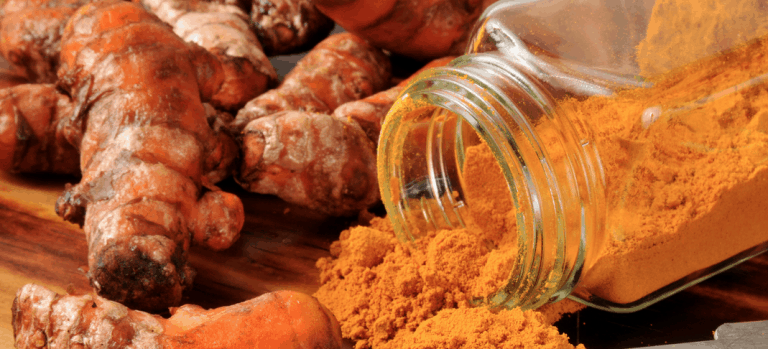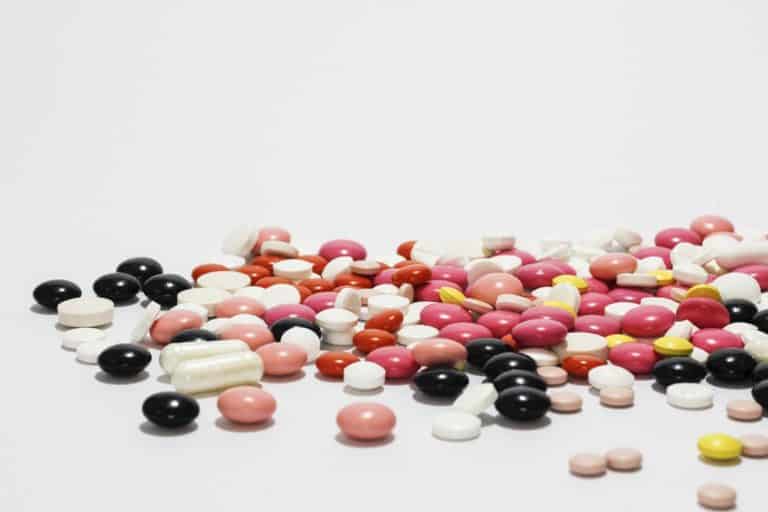Beta-sitosterol is a cholesterol-like substance derived from plants (a phytosterol; found in saw palmetto, pecans, soybeans, pumpkin seeds) that does not act like cholesterol. Instead, it mimics the actions of the prescription drug finasteride (Proscar), which inhibits the activity of an enzyme called 5-alpha-reductase and is used to manage symptoms associated with BPH, such as urinary frequency, urinary urgency, and flow problems associated with an enlarged prostate.
You also may see beta-sitosterol advertised as a supplement for lowering cholesterol. High doses of this supplement, along with other sterols, can reduce total cholesterol and low-density lipoprotein (LDL) cholesterol levels, which it achieves by reducing how much cholesterol the body absorbs.
Beta-sitosterol for prostate health
In a study of 200 men with BPH who took either beta-sitosterol or placebo for six months, those in the treatment group had “significant improvements” in their BPH symptoms. (Berges 1995) A review of four studies of BPH and beta-sitosterol that included 519 men found that beta-sitosterol improved urinary symptom scores and urinary flow rates while also reducing the volume of residual urine. (Wilt 1999) It should be noted, however, that although beta-sitosterol has demonstrated an ability to relieve symptoms of an enlarged prostate, no studies have shown that it can reduce the size of the prostate.
Beta-sitosterol has also demonstrated some limited benefit in prostate cancer by inhibiting the growth of prostate cancer cells. (Jourdain 2006) In addition, some men have experienced a reduction in symptoms of prostatitis after using this supplement.
How to take beta-sitosterol
No standard dose of beta-sitosterol has been established, but 60 to 135 mg daily is typically used to treat symptoms of either BPH or prostatitis. Take beta-sitosterol on an empty stomach to increase absorption. Since beta-sitosterol supplements are also used for lowering cholesterol, be sure to purchase a product that is specifically for BPH (enlarged prostate) or prostatitis. These supplements contain a higher concentration of beta-sitosterol (more than 60 mg) than do supplements designed for reducing cholesterol, which typically also contain several other phytosterols such as campesterol and sitostanol.
It usually takes about four weeks before symptoms improve. Potential side effects include diarrhea, gas, and nausea.
References
Azimi H et al. A review of animal and human studies for management of benign prostatic hyperplasia with natural products: perspective of new pharmacological agents. Inflamm Allergy Drug Targets 2012 Jun; 11(3): 207-21
Berges RR et al. Randomized, placebo-controlled, double-blind clinical trial of beta-sitosterol in patients with benign prostatic hyperplasia. Lancet 1995; 345(8964): 1529-32.
Jourdain C et al. In-vitro effects of polyphenols from cocoa and beta-sitosterol on the growth of human prostate cancer and normal cells. Eur J Cancer Prev 2006 Aug; 15(4): 353-61
Mahajan SG, Mehta AA. Suppression of ovalbumin-induced TH2-driven airway inflammation by β-sitosterol in a guinea pig model of asthma. Eur J Pharmacol 2011 Jan 10; 650(1): 458-64
Wilt TJ et al. A beta-sitosterol for the treatment of benign prostatic hyperplasia: systematic review. BJU Int 1999 Jun; 83(9): 976-83
Wilt TJ et al. Beta-sitosterols for benign prostatic hyperplasia. Cochrane Database of Systematic Reviews 2000; (2):CD001043







